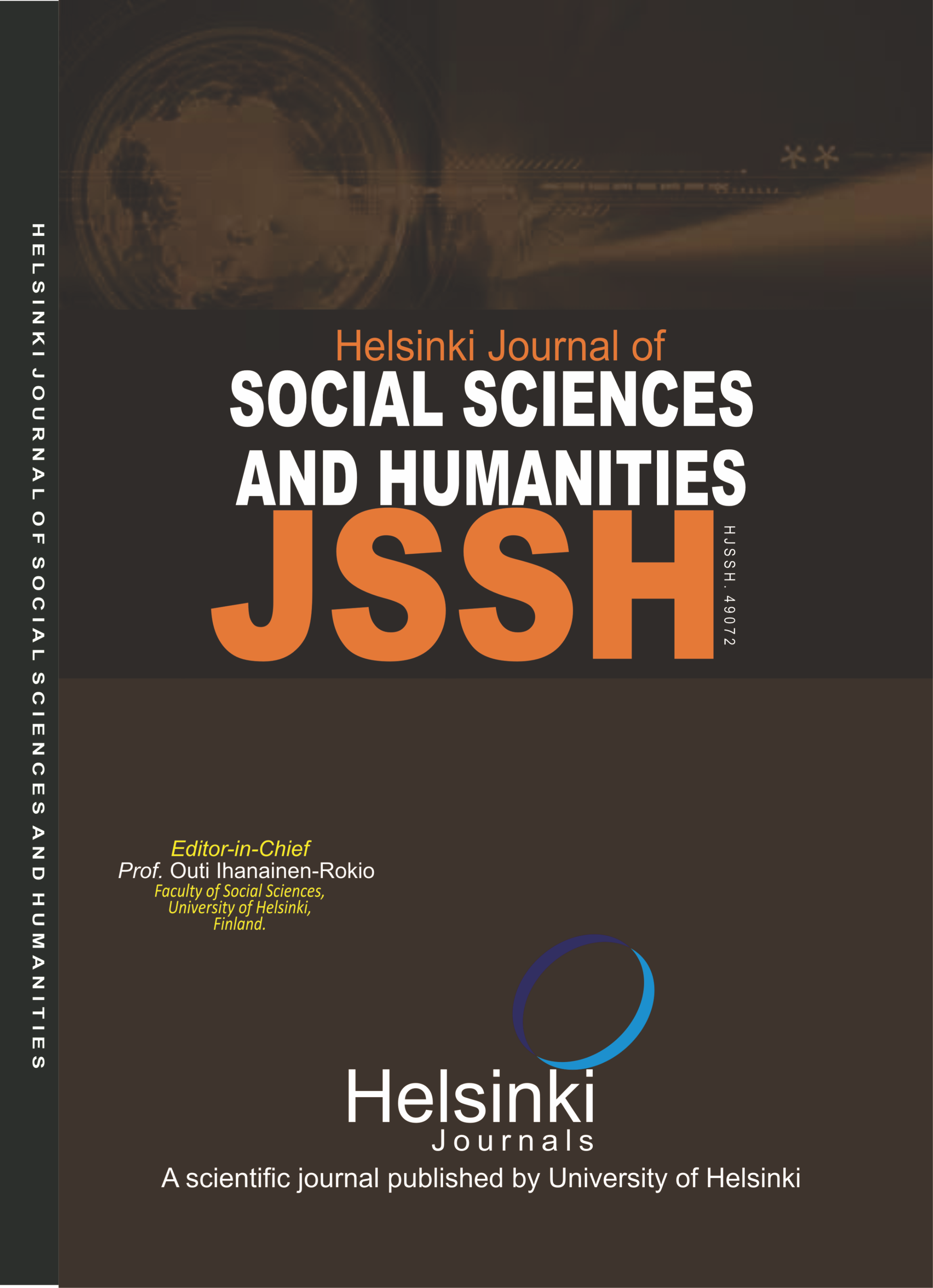HELSINKI JOURNAL OF SOCIAL SCIENCES AND HUMANITIES (HJSSH)
THE INTELLECTUAL DEPTH OF GEORGE ELIOT: AN ANALYSIS OF HER WRITINGS
E-ISSN: 7764-9221
P-ISSN: 3442-3567
DOI: https://iigdpublishers.com/article/696
George Eliot, one of the most intellectually formidable novelists of the Victorian era, integrated philosophy, psychology, and social critique into her literary works, setting her apart from her contemporaries. Her engagement with German philosophy, moral realism, and rationalist thought profoundly influenced her narrative style and thematic depth. This review explores Eliot’s intellectual depth by analysing her philosophical influences, psychological realism, and social critique, emphasizing her ability to intertwine narrative artistry with deep ethical inquiries. Through an examination of Middlemarch, The Mill on the Floss, Silas Marner, and other seminal works, this study underscores Eliot’s commitment to portraying human complexity with nuance and precision. Her lasting impact on literature, philosophy, and feminist discourse confirms her position as a central figure in Western literary tradition, making her works enduringly relevant for contemporary scholarship.
Sonal Ahlawat & J.K. Sharma
Ahlawat, S. (2024). Moral Vision in Novels of George Eliot: An Analysis. Educational Administration Theory and Practice, 5099–5103. https://doi.org/10.53555/kuey.v30i1.8638
Albrecht, T. (2021). The ethical vision of George Eliot. Routledge.
Armstrong, I. (2020). George Eliot, Hegel, and Middlemarch. 19: Interdisciplinary Studies in the Long Nineteenth Century, 0(29). https://doi.org/10.16995/ntn.1992
Ashton, R. (1980a). The German idea: Four English writers and the reception of German thought, 1800 - 1860. Cambridge University Press.
Ashton, R. (1980b). The German idea: Four English writers and the reception of German thought, 1800 - 1860. Cambridge University Press.
